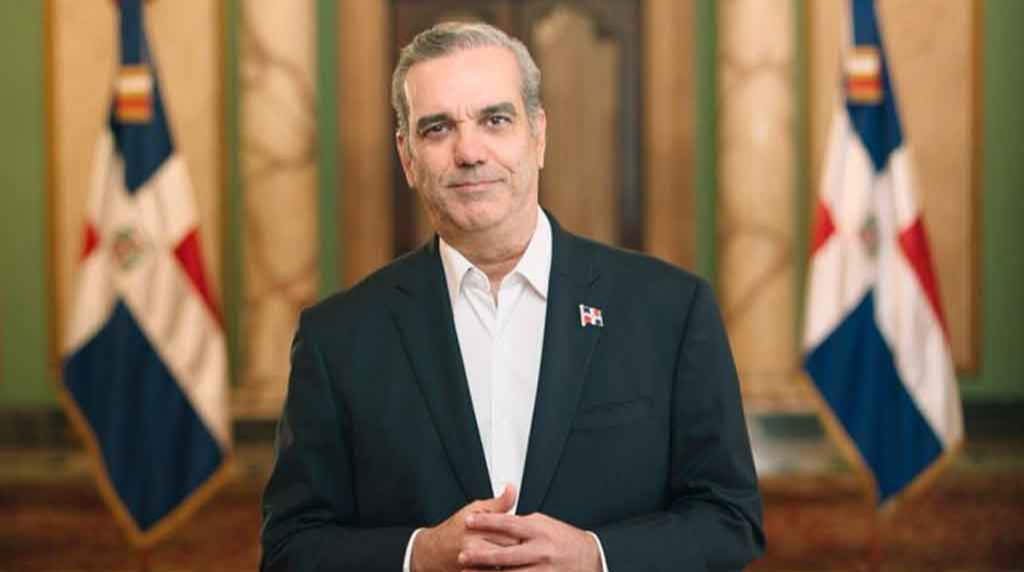
Abinader begins second term with optimistic focus on economy
By Roberto Morejon
With a politically stable country and favorable macroeconomic indicators, re-elected Dominican President Luis Abinader began his second term in office, surrounded by a large international presence that attended his inauguration.
Abinader was sworn in before a congressional body whose composition favors him, having won last May's elections amidst the atomization of opposition forces.
Judging by his inaugural speech, the president defined his first term with satisfactory results and will now undertake some changes with the aim of achieving prosperity, , he said.
In his opinion, the national project that he is leading will be deepened in the next four years of his last term, with a character that he described as open and inclusive.
Abinader has the experience of what he defines as honesty and efficiency in the use of public funds, and what he highlights as the good health of local democracy and the dynamism of the economy.
Indeed, the Dominican Republic is experiencing an increase in foreign investment and a steady influx of more than ten million tourists to its paradisiacal beaches.
The government is optimistic about its inflation rate, which is below 4 percent, and an increase in gross domestic product to an average of 6.5 percent over the last three years.
For the future, the Head of State proposed to make legal changes to limit the re-election to the positions of the popular vote, to liberalize the labor laws, to carry out a fiscal reform in order to obtain more resources for the execution of projects of popular scope, and to make changes in the social security system.
In the midst of tensions with Haiti, due to the instability and violence in the neighboring country and certain Dominican initiatives criticized in Port-au-Prince, the Abinader government has also been called upon to address the growing informal economy and inequality. According to Nathaniel Concepcion, director of the Dominican Political Observatory, 23 percent of the population lives below the poverty line. Nevertheless, domestically the country is swimming in clear waters, and from the outside, perhaps the crisis in Haiti has the most impact on politics, the economy, society and diplomacy.

